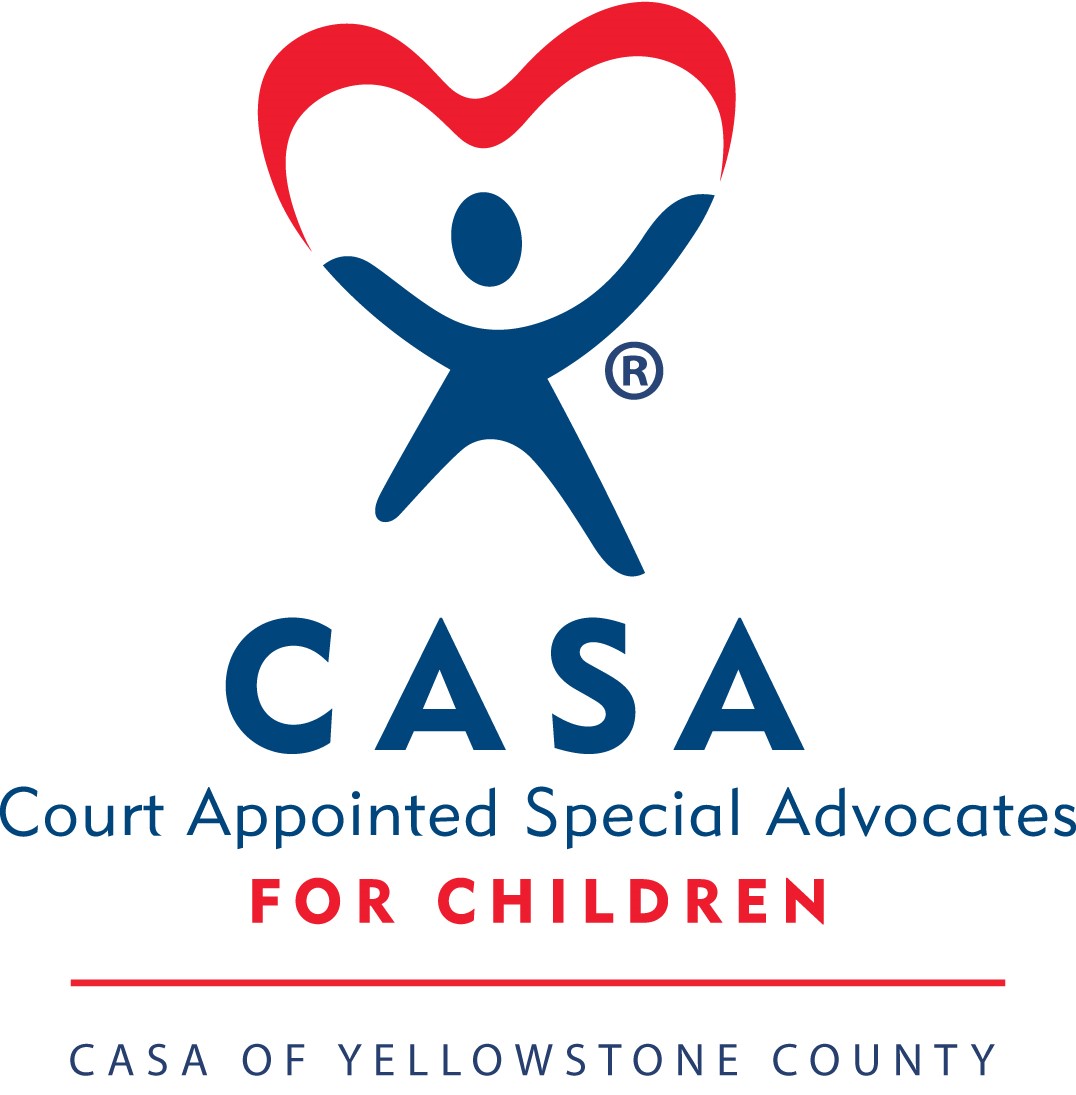It’s 6 AM, and I’m awoken by my new roommate’s sudden desire to have a conversation. I’m not a morning person, and I really want to show my roommate I’m not up for a chat until my alarm goes off. But he just keeps talking.
Is this a boundary issue? Not really! After all, my new roomie is a two-month-old cat named Biscotti. He just moved in, so we’re still getting used to each other.

Biscotti the fearsome hunter
During the times that I’ve been stoically ignoring Biscotti (because the alarm hasn’t gone off yet, dang it!), I’ve been thinking about the value that pets add to our lives. I’m exhausted, but I also have found myself devoting less time to social media because I’ve been so focused on getting Biscotti accustomed to his new home. So, night owl that I am, I’ve been getting to bed a little earlier than when I let myself get sucked into Facebook. I’ve been glorying in every new milestone Biscotti hits (using the scratching post or jumping on the couch for the first time, that upcoming first veterinary appointment) and looking forward to the years that we will have together. It’s also a lot of hard work—I’m committed to training my kitten up to be a cat that I and other people actually like being around, which means I’m investing time and energy into building good Biscotti habits from day one.
And, dedicated CASA staff and blogger that I am, my mind has wandered to foster kids and pets while I ignore Biscotti’s dawn yowls. Here at CASA of Yellowstone County, we have seen kids who are ambivalent about contact with their birth parents but miss their family pets horribly. One adult psychiatrist recently commented that adults who come out of traumatic pasts may have a hard time trusting people but can bond tightly with an animal. That can add barriers to the adult going into inpatient treatment for substance use and a level of stress about who’s taking care of the pet.

Tima Miroshnichenko
Studies have shown that young children with household pets tend to have fewer childhood illnesses[i]. Conventional wisdom tells us that having a creature to care for builds kids’ empathy, boundaries, and responsibility.[ii] And many of us recall with fondness our own childhood pets. Pets can be a significant aspect of a child’s life, one of many that can be disrupted when a child enters foster care.
So how can CASAs incorporate the wonderful world of pets into their advocacy? Well, I’m glad you asked! Here are a few items that come to mind, though I’m sure our rock star advocates could provide more than I can think of at the moment.
- Be the expert on the child. Does your CASA child miss their family guinea pig? Has the child never had a pet but always been intrigued by dogs? To be the voice for the child, you can start by learning their outlook on animals.
- Encourage contact. If your CASA child misses their family dog, is there a way to incorporate the pup into family time? Would the parenting time supervisor be open to having a session in the park with Fido so the child can maintain that bond?
- Bridge the gap. It might be that you’re the only person who the child has confided in about how much they miss the family cat. Would it benefit the child to recall happy times with the cat or daydream about a time in the future when they can have another cat of their own? (Just maybe not a kitten…they’re a lot of work….) This could be a great opportunity for you to bond with your CASA child over your shared love of animals. Do you have a well-behaved pet you could take with you to visit your CASA child, so they can experience the joy of playing fetch together?

Sam Lion
Here at CASA of Yellowstone County, we advocate for a child’s best interests and wishes. Sometimes that’s as simple as supporting the bond between a child and their pet, and sometimes that’s just the thing that will brighten a child’s day.
[i] Park, Alice. “Study: Why Dogs and Cats Make Babies Healthier.” Time. July 9, 2012.
[ii] Trautner, Tracy. “The Benefits of a Family Pet.” Michigan State University Extension. December 14, 2017.
Ashley Milsop is a senior program coordinator at CASA of Yellowstone County and became a proud kitten owner on August 21, 2022. Her last uninterrupted night of sleep was on August 20, 2022.






